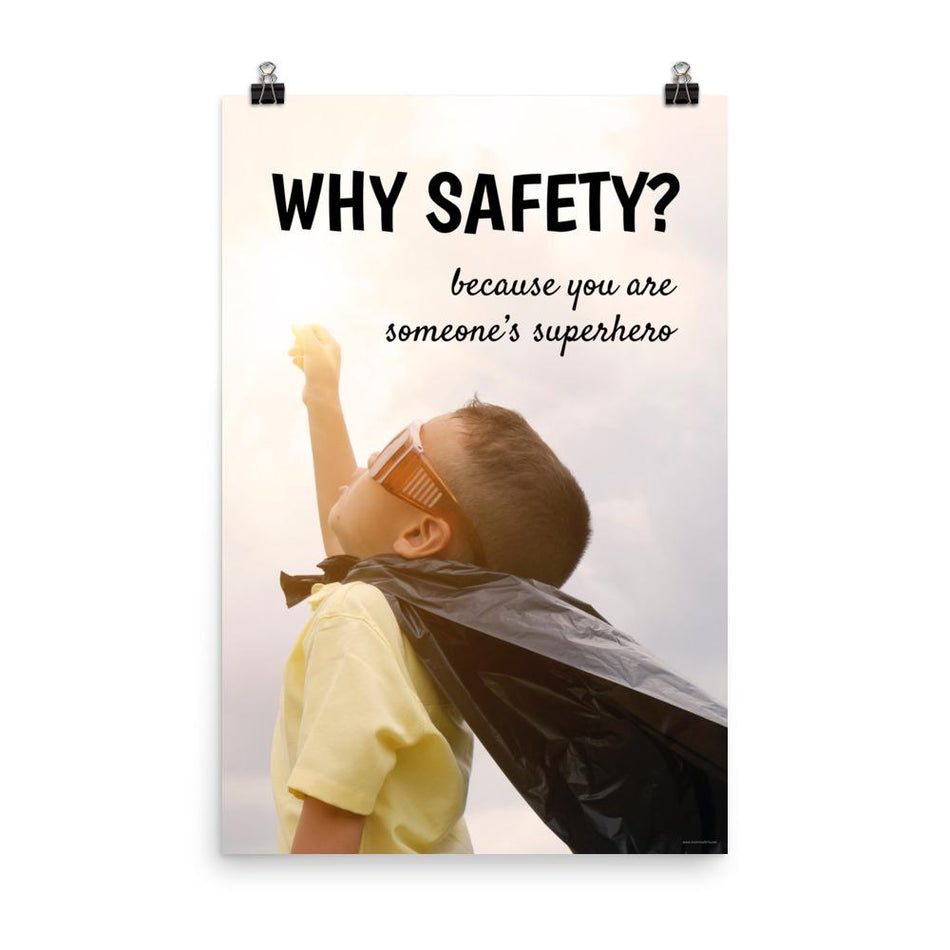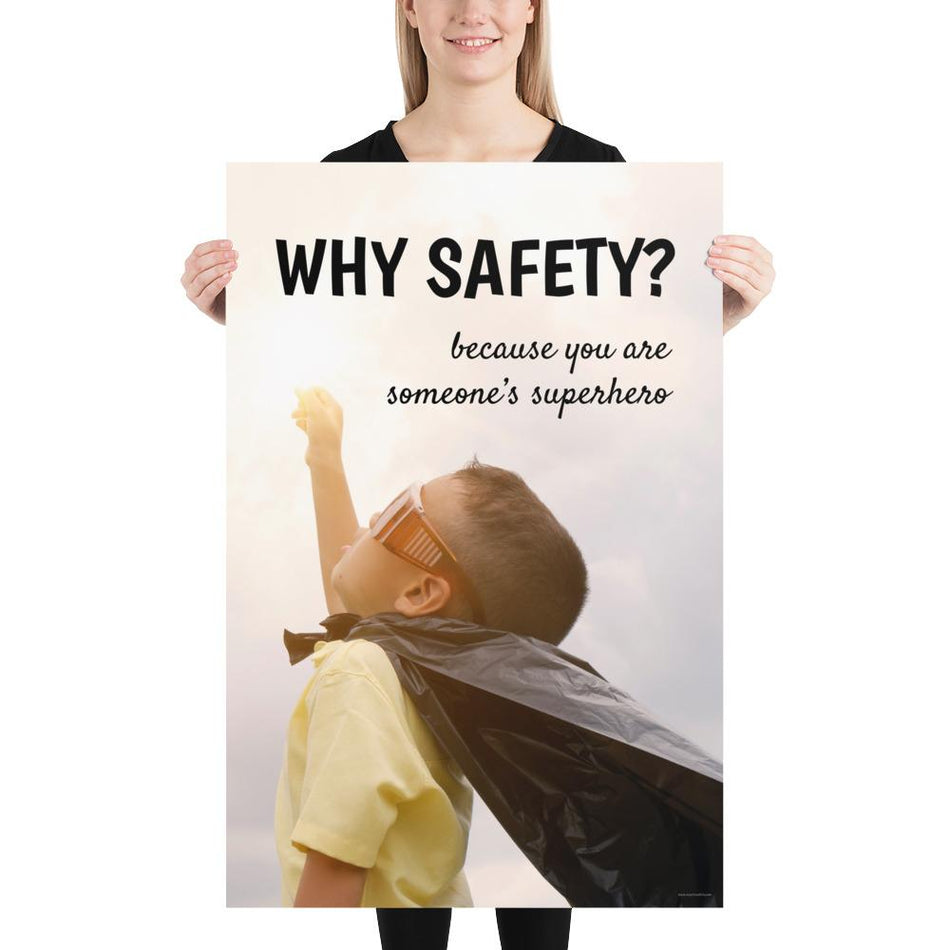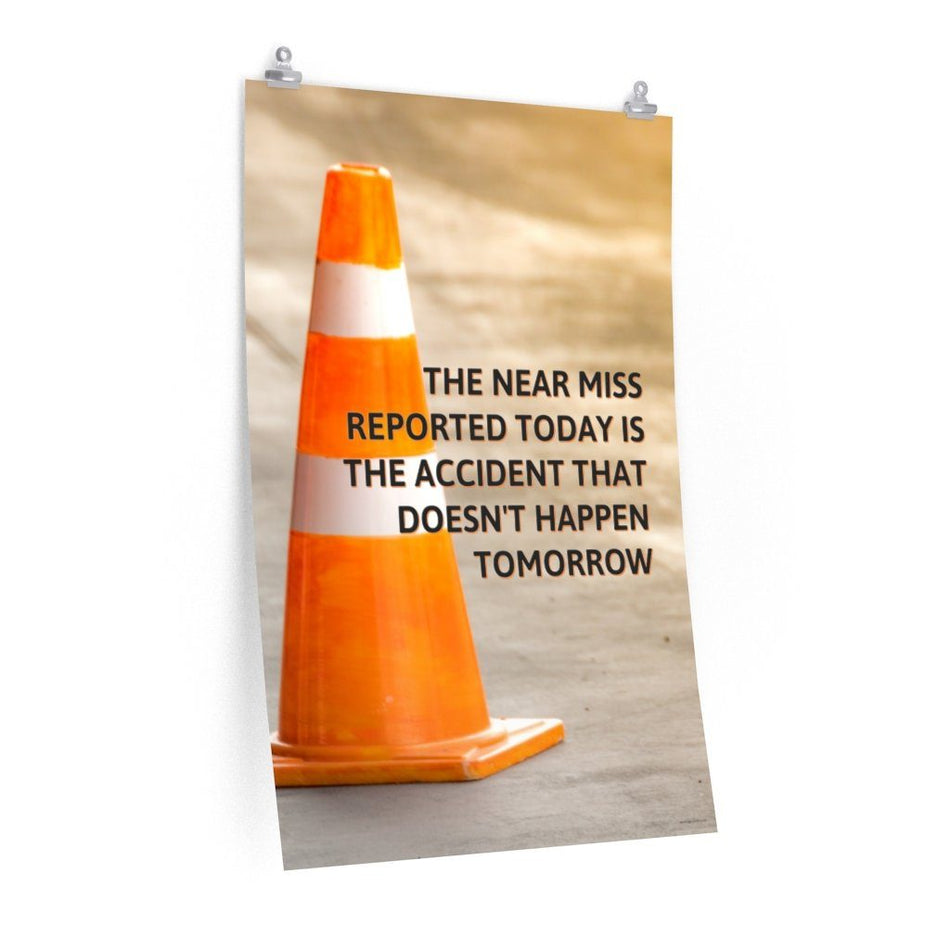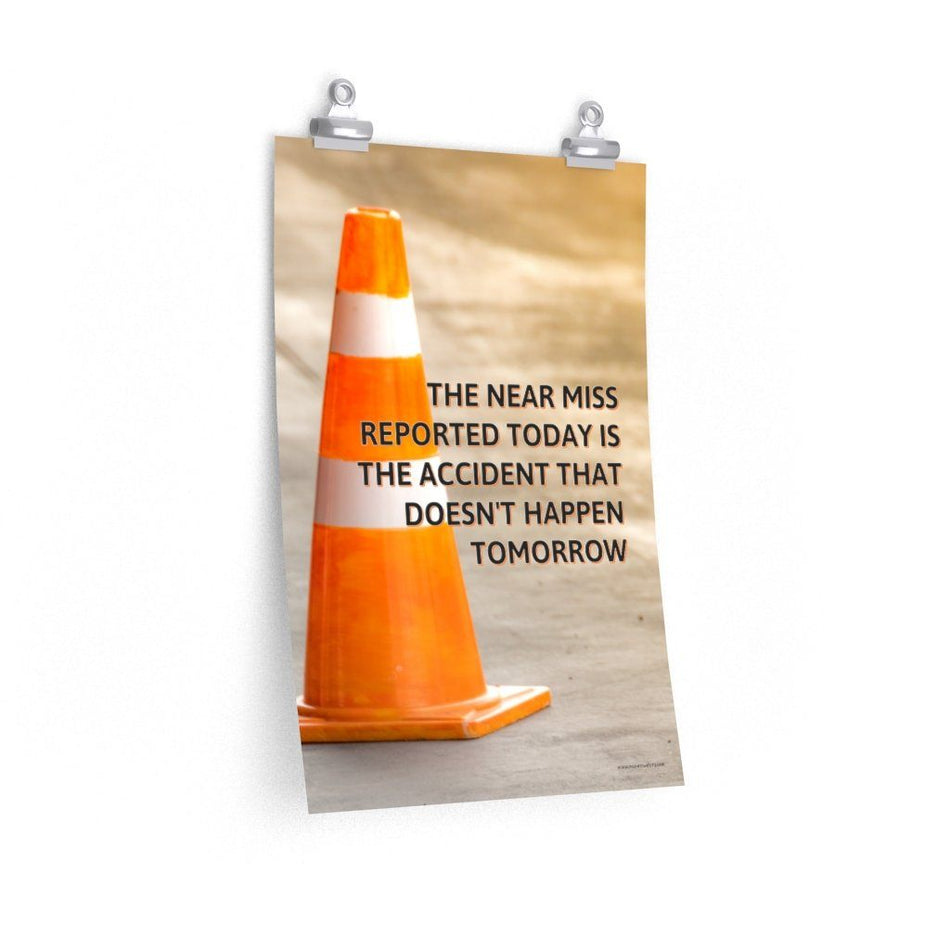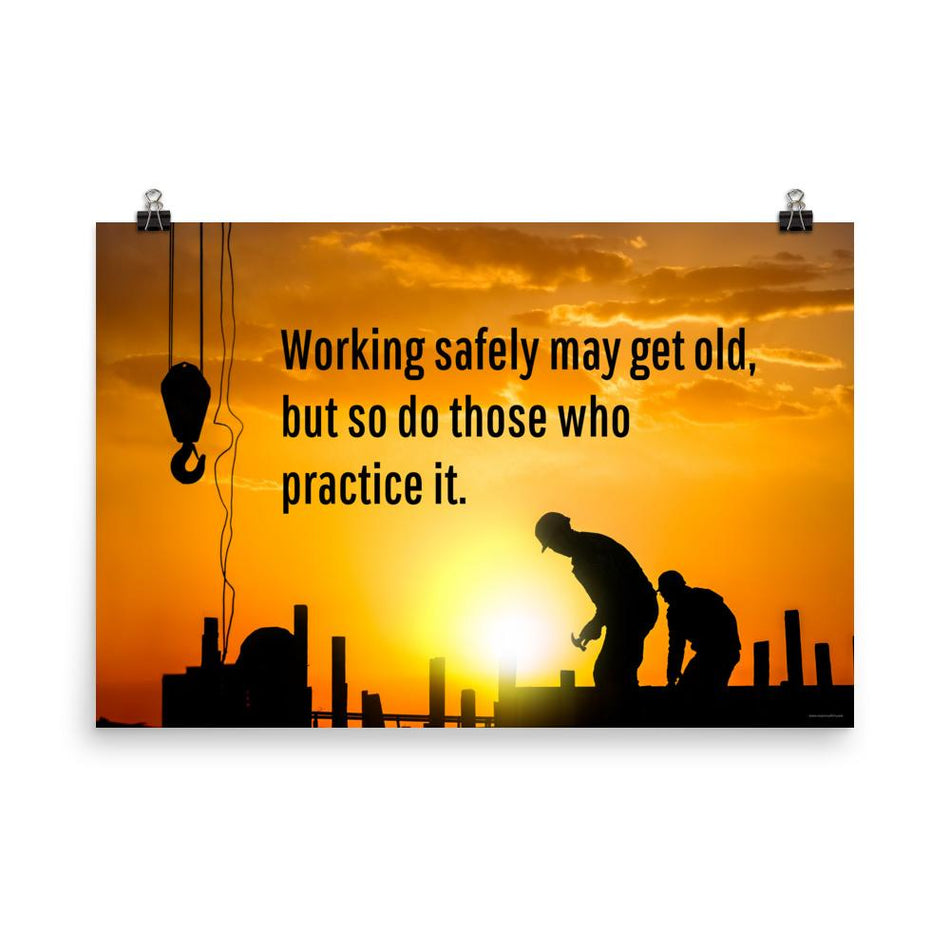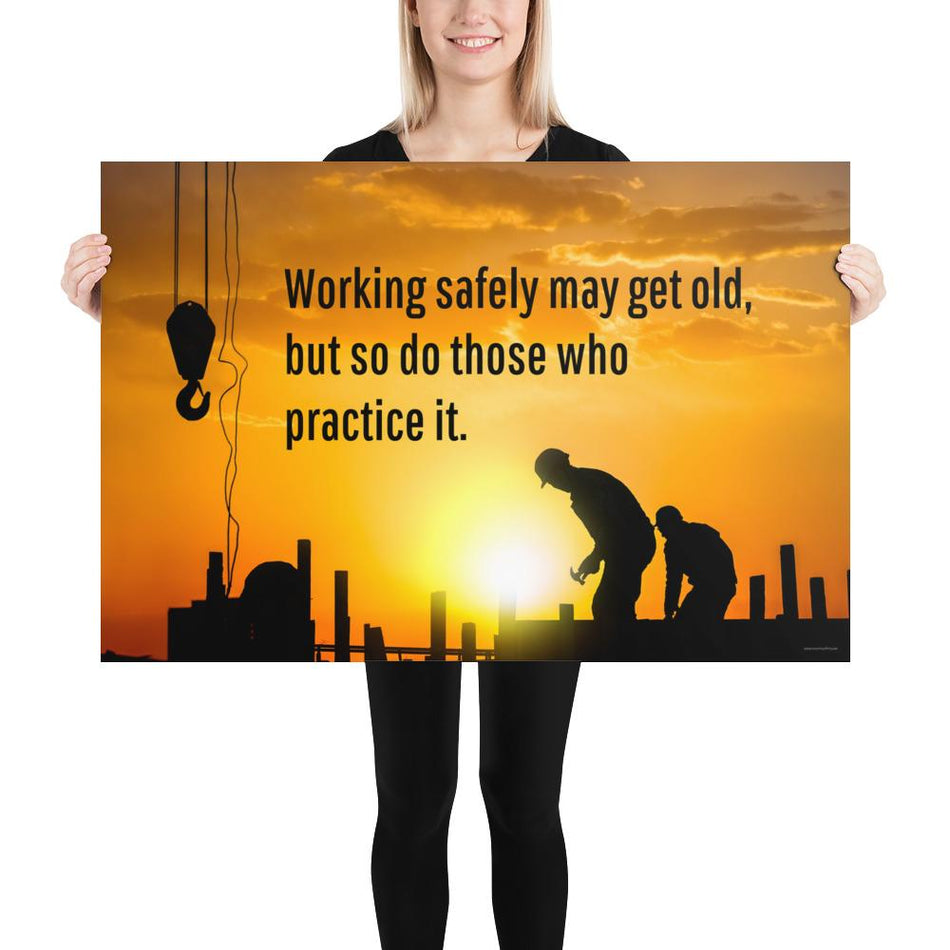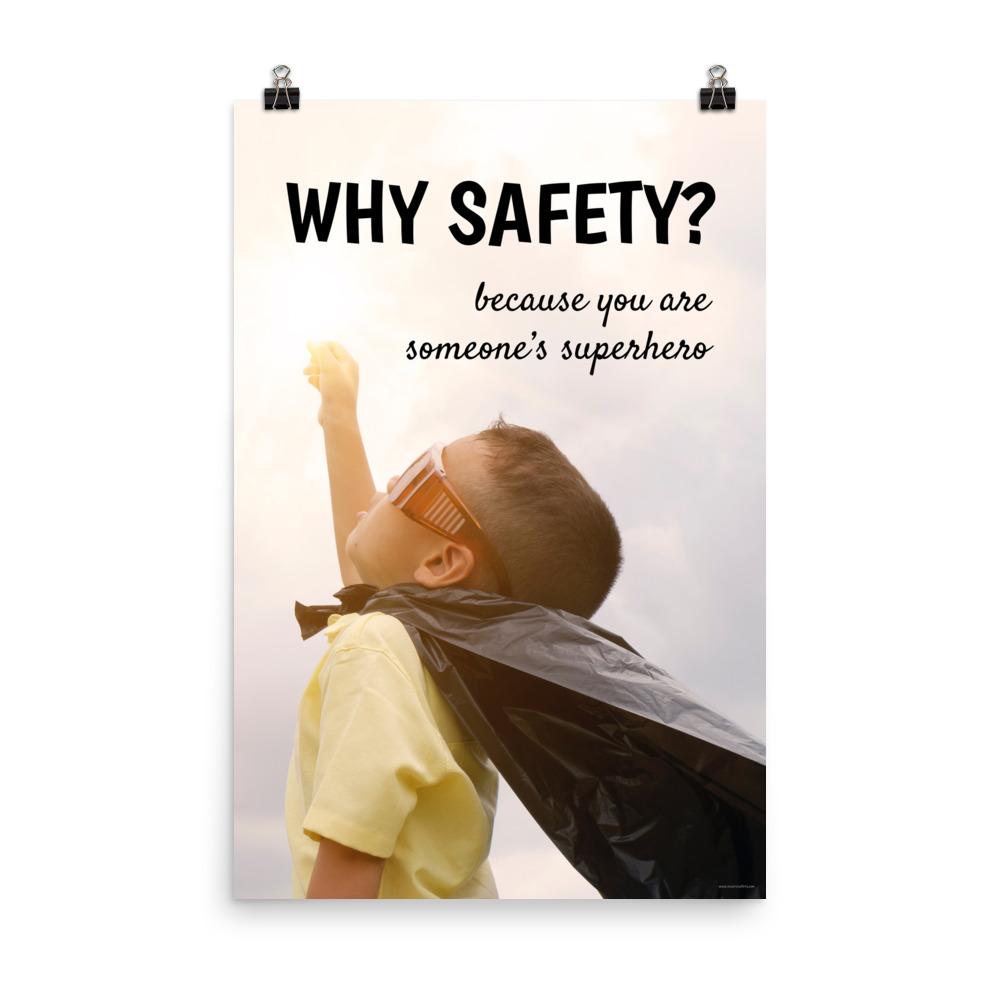In an era where the clamor for resilience and mental fortitude in the workplace is ever-growing, the ancient philosophy of Stoicism offers a unique and profound perspective. When we think of safety, our minds usually gravitate towards physical measures and protocols designed to protect individuals from harm. However, Stoic philosophy, with its emphasis on virtue, wisdom, and the strength of the human spirit, brings to light an often-overlooked aspect of safety—the mental and emotional resilience required to navigate the challenges of the workplace. In this context, the concept of Stoic safety posters emerges as a fascinating intersection of ancient wisdom and modern occupational health and safety practices.
Stoicism teaches that every individual is part of a larger community and that our actions have a direct impact on others.
Stoicism, founded in the early 3rd century BC by Zeno of Citium, is more than just a philosophy; it's a way of living that teaches the development of self-control and fortitude as a means of overcoming destructive emotions. The Stoics believed that a sound mind is the cornerstone of a safe and productive life. This principle can be directly applied to the workplace, where mental clarity and emotional stability are paramount for both personal well-being and collective safety. By applying Stoic wisdom, employees are equipped with the mental tools to assess risks calmly, make informed decisions, and act in a manner that safeguards both their well-being and that of their colleagues.
Stoicism teaches that every individual is part of a larger community and that our actions have a direct impact on others. This principle resonates deeply with the concept of workplace safety, where individual actions contribute to the collective well-being. Stoic safety posters could serve as a constant reminder of the ethical responsibility each employee has to act not only for their own safety but also for the safety of their peers. Such messages foster a culture of mutual respect, care, and vigilance, where safety becomes a shared value rather than a set of enforced rules.
Stoic philosophy, with its emphasis on virtue, reason, and self-control, offers valuable insights into workplace safety. Figures like Plato, Plautus, and Marcus Aurelius provide guidance that transcends time and is remarkably applicable in the context of modern work environments.
"Good actions give strength to ourselves and inspire good actions in others." -Plato
Plato's insight underscores the communal aspect of workplace safety. Safety is not just an individual responsibility but a collective one, where each safe action strengthens the entire team and inspires others to follow suit. This principle is an essential message for safety posters, highlighting how inspirational quotes for the office can foster a culture of mutual care and vigilance.
"No one is wise enough by themselves." -Plautus
This quote from Plautus reminds us of the importance of collaboration and collective wisdom in maintaining a safe workplace. Safety challenges are often complex and multifaceted, requiring diverse perspectives and experiences to address effectively. Incorporating this insight into safety posters emphasizes the value of teamwork and continuous learning in creating a safe working environment.
"Pay attention to what's in front of you - the principle, the task, or what's being portrayed." -Marcus Aurelius
The Stoic emperor's advice is profoundly relevant for workplace safety. It calls for mindfulness and focus on the present task, principles of safety, and the messages portrayed around us, including those on safety posters. This focus is crucial for preventing accidents and ensuring a safe and productive work environment.
By drawing on the timeless wisdom of the Stoics, these posters offer more than just safety guidelines; they provide a source of inspiration and strength that encourages employees to cultivate an inner fortress of calm, rationality, and virtue. In doing so, they not only enhance the physical safety of the workplace but also contribute to the mental and emotional well-being of all employees. As we continue to navigate the complexities of the modern working world, the Stoics' take on safety reminds us that the key to a truly safe and flourishing workplace lies not just in external measures, but in the strength and wisdom we foster within.




